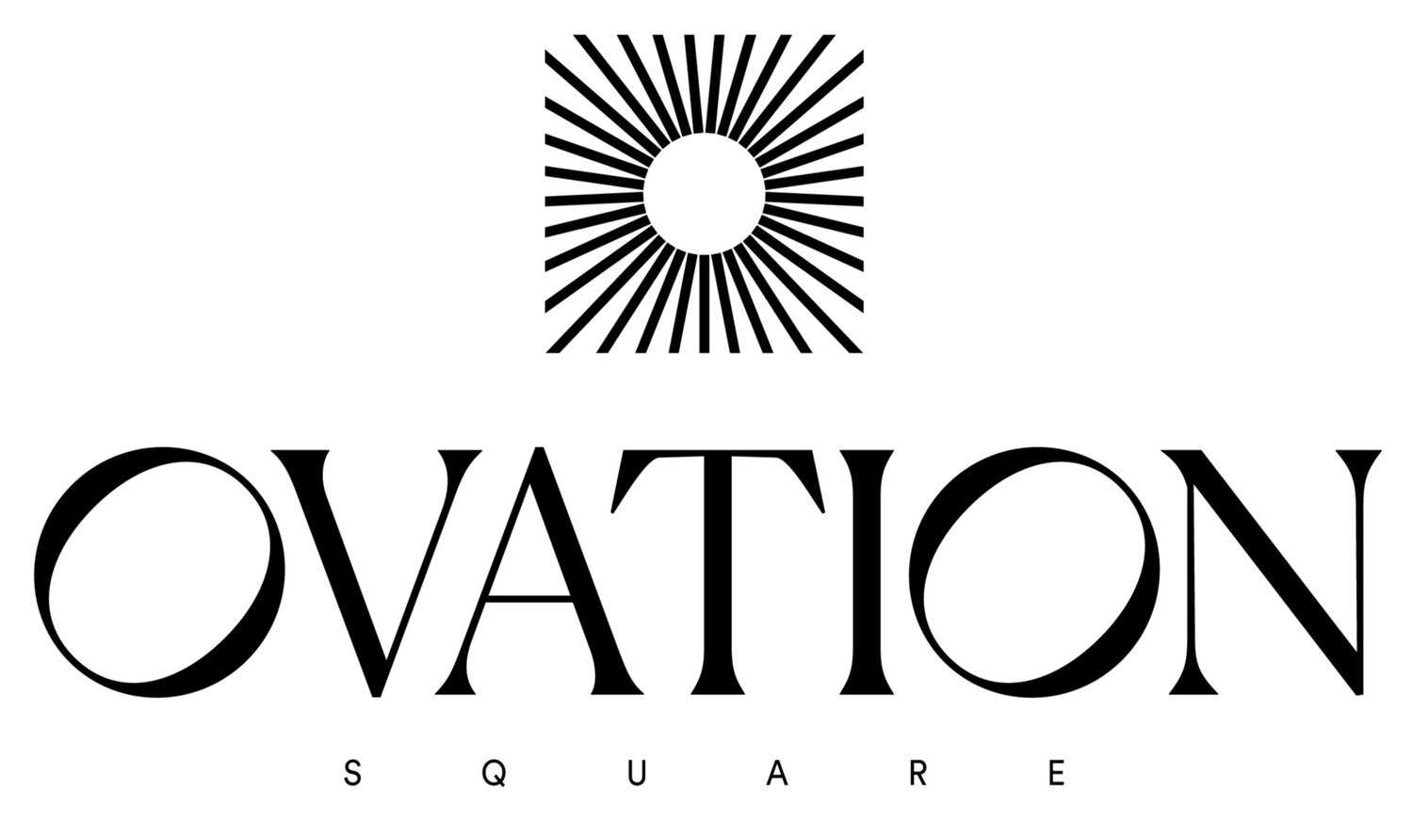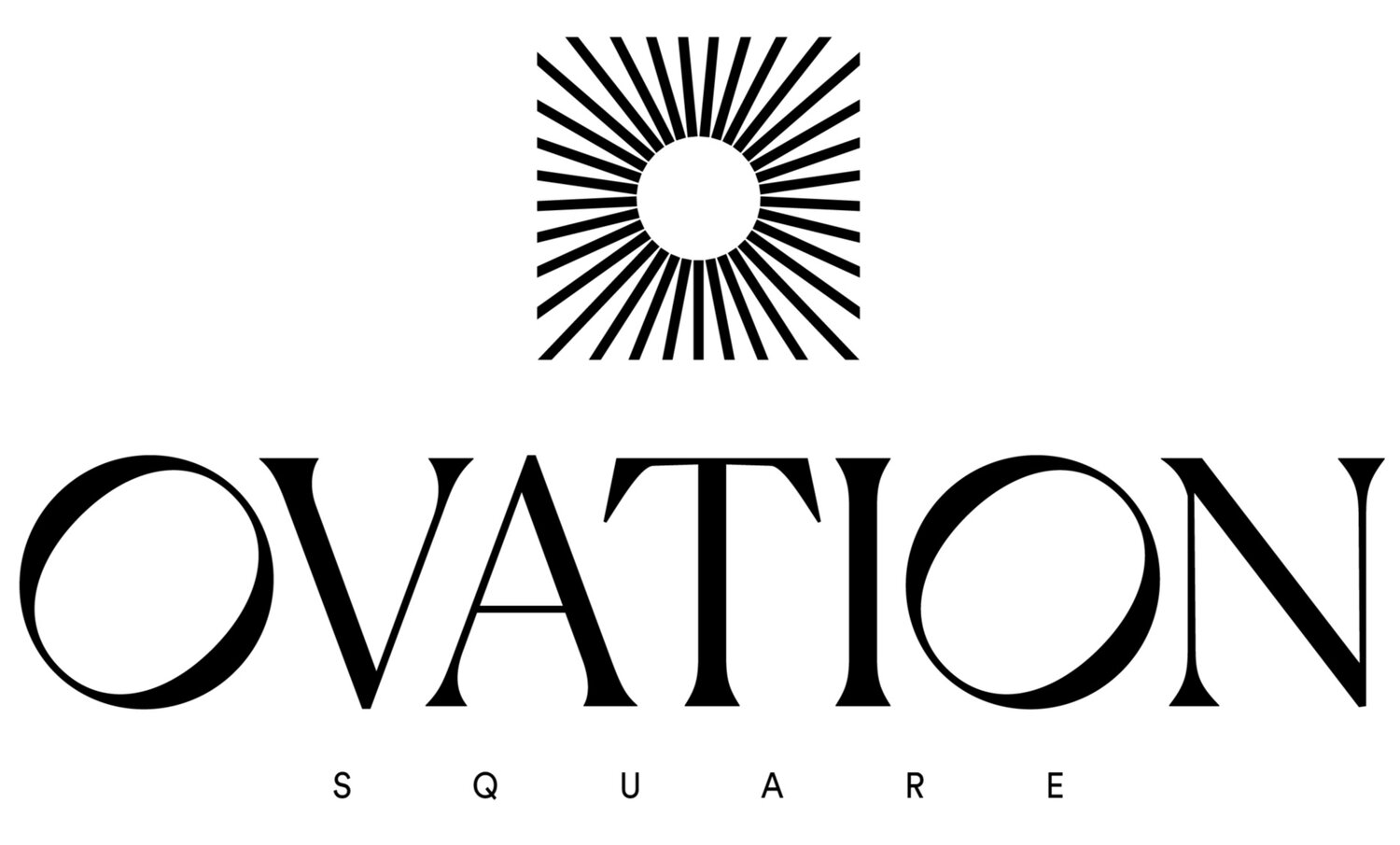Tips For Planning A Workshop Event
Workshops are becoming increasingly popular as a way for people to come together and learn new skills, exchange ideas, and network. Workshops are a great way to promote community engagement, personal growth, and professional development. In this article, we will discuss what a workshop is, how to plan a workshop, how to host a successful workshop, and a workshop planning checklist.
What is a workshop?
A workshop is a type of event that brings together a group of people with a shared interest or goal. Workshops are usually interactive and hands-on, with participants working together to learn a new skill or explore a particular topic. Workshops can be formal or informal and can range from a few hours to several days in length.
Planning a workshop
The first step in planning a successful workshop is to define your goals and objectives. What do you want participants to learn or achieve? What are the desired outcomes of the workshop? Once you have a clear understanding of your goals, you can start to plan the logistics of the workshop.
The next step is to choose a topic for the workshop that is relevant to your audience. You should choose a topic that is interesting and engaging, and that will provide value to the participants. You should also consider the expertise of the facilitator and the level of experience of the participants.
How to host a successful workshop?
Hosting a successful workshop requires careful planning and execution. The first step is to choose a suitable venue that can accommodate your group and the activities that you have planned. You should choose a venue that is easily accessible, and that has the necessary venue facilities and equipment to support your workshop.
Once you have chosen your venue, you should start to promote your workshop to your target audience. You can use social media, email, and other marketing channels to reach out to potential participants. You should also create a registration process that is easy to use and that provides all the necessary information to the participants.
On the day of the workshop, you should arrive early to set up the workshop venue and to ensure that everything is in place. You should also have a clear agenda and schedule for the workshop, and you should be prepared to adapt the schedule as needed. During the workshop, you should encourage interaction and engagement, and you should be prepared to answer questions and provide guidance as needed.
Workshop planning checklist
To ensure that your workshop is a success, it is important to have a comprehensive planning checklist. Here are some of the key items that should be included in your checklist:
Define your goals and objectives for the workshop
Choose a relevant topic and a suitable facilitator
Choose a suitable venue and arrange for any necessary equipment
Develop a marketing strategy to promote the workshop
Create a registration process and provide all necessary information to participants
Develop a clear agenda and schedule for the workshop
Prepare all necessary materials and handouts
Arrive early on the day of the workshop to set up the venue
Encourage interaction and engagement throughout the workshop
Follow up with participants after the workshop to gather feedback and insights
In conclusion, planning and hosting a successful workshop requires careful event planning, attention to detail, and a focus on the needs and interests of your participants. By following the tips and checklist provided in this article, you can create a workshop that is engaging, informative, and memorable for all involved.
Frequently Asked Questions
Q: What is a workshop?
A: A workshop is a collaborative event where a group of people gather to learn and participate in hands-on activities, discussions, and presentations related to a specific topic or subject.
Q: What should be included in the planning of a workshop?
A: When planning a workshop, you should consider factors such as the workshop's objectives, audience, format and structure, venue, equipment and materials, presenters and facilitators, marketing and promotion, registration and attendance, and evaluation and follow-up.
Q: How can you host a successful workshop?
A: To host a successful workshop, you should start with a clear and achievable objective, choose an engaging and knowledgeable presenter or facilitator, create an interactive and inclusive environment, provide all necessary materials and resources, plan and structure the agenda carefully, and seek feedback from participants to continually improve.
Q: What are some key elements to include in a workshop planning checklist?
A: A workshop planning checklist should include items such as identifying the workshop's goals and objectives, determining the target audience and appropriate format, selecting a venue and arranging for necessary equipment and supplies, recruiting presenters and facilitators, marketing and promoting the event, managing registration and attendance, and assessing and evaluating the workshop's success.
Q: How can you ensure that attendees get the most out of a workshop?
A: To ensure that attendees get the most out of a workshop, you should provide a clear and well-structured agenda, actively engage participants in hands-on activities and discussions, encourage collaboration and interaction, foster a positive and supportive learning environment, and provide opportunities for feedback and follow-up.


